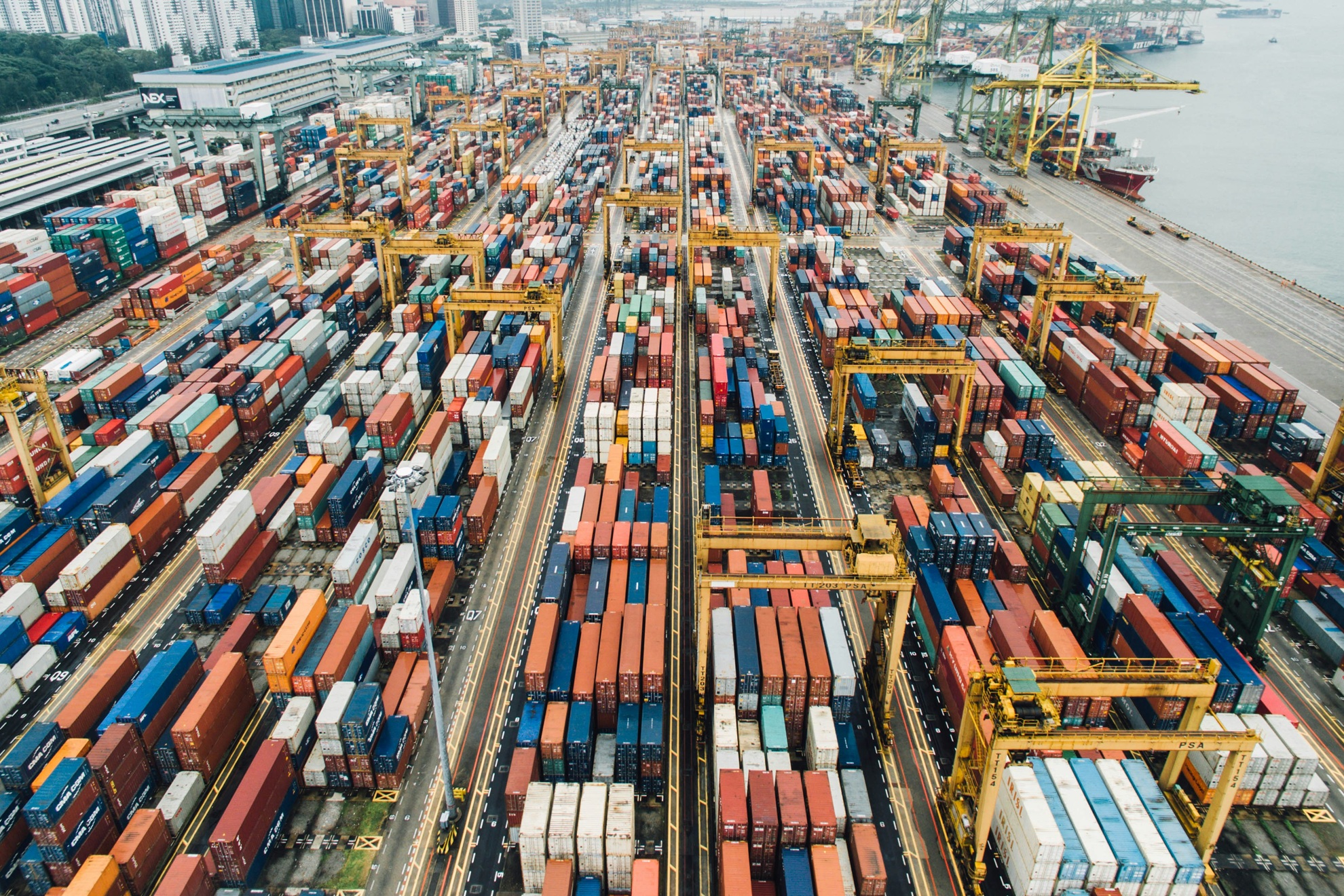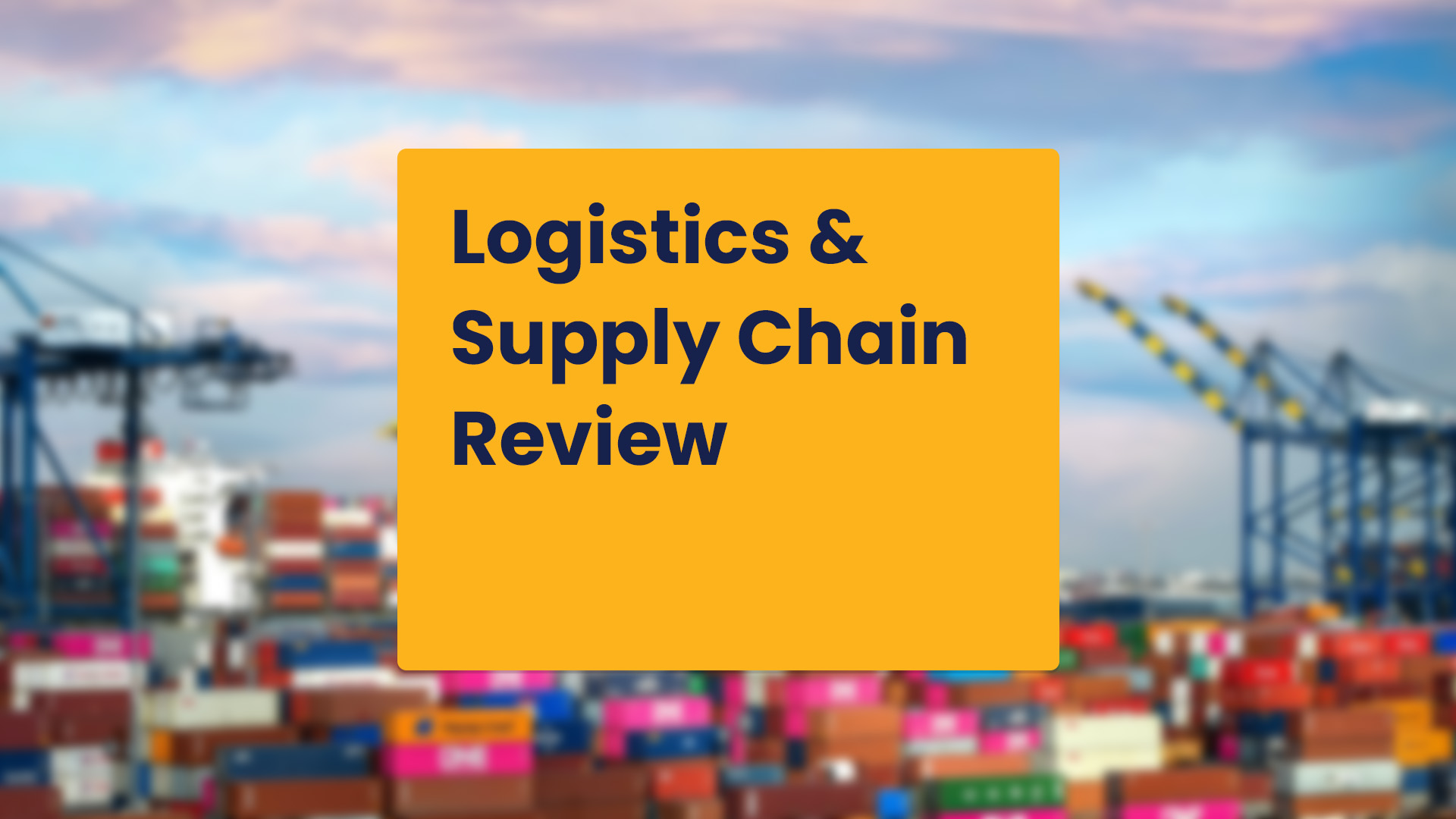Japan Port Strike Escalates: 48-Hour Shutdown Planned April 26–27
Japanese dockworkers are intensifying their strike actions, with a planned 48-hour nationwide port shutdown scheduled for April 26–27, 2025. This escalation follows previous 24-hour strikes on March 30, April 13, and April 20, and precedes another planned strike on May 11.
Over 17,000 dockworkers, represented by the National Federation of Dockworkers’ Unions of Japan and the All Japan Dockworkers’ Union Federation, are demanding:
-
A ¥30,000 (approximately 10%) base wage increase
-
A minimum starting salary of ¥220,000 per month
-
Improved working conditions and shorter hours
-
Expansion of worker pension and security fund systems
-
Fair cost transfers in port service fees to support wage hikes
The strikes are affecting major international gateways, including Tokyo, Yokohama, and Osaka, threatening significant supply chain disruptions across Asia and globally. Negotiations with the Japan Harbor Transportation Association remain deadlocked, prompting unions to consider more frequent and prolonged strikes.
Shippers and logistics teams are advised to monitor the situation closely and implement contingency plans to mitigate potential delays and congestion.
J&J expects tariff charge of $400M this year
Johnson & Johnson (J&J) anticipates approximately $400 million in tariff-related costs for 2025, primarily impacting its medical technology division. This financial burden stems mainly from U.S. tariffs on Chinese imports and retaliatory tariffs from China. Additional costs arise from tariffs on aluminum, steel, and imports from key trading partners such as Canada and Mexico. Due to existing contractual agreements, J&J has limited flexibility to pass these costs onto consumers.
Notably, this estimate excludes potential tariffs on pharmaceutical imports, which are currently under investigation by the U.S. administration. J&J's CEO, Joaquin Duato, has expressed concerns that imposing tariffs on pharmaceuticals could disrupt supply chains and lead to drug shortages. He advocates for tax incentives as a more effective strategy to encourage domestic manufacturing of pharmaceuticals.
In response to these challenges, J&J plans to invest over $55 billion in new U.S. facilities over the next four years, aiming to produce all advanced medicines used in the U.S. domestically. Despite the anticipated tariff costs, the company reported first-quarter sales of $21.9 billion, surpassing analyst expectations, and maintained its full-year earnings forecast.

DHL to suspend global shipments of over $800 to US consumers
DHL Express has announced a temporary suspension of global business-to-consumer (B2C) shipments to the United States valued over $800, effective April 21, 2025. This decision responds to recent U.S. customs regulation changes that lowered the threshold for mandatory formal entry processing from $2,500 to $800 as of April 5. The new requirement has led to increased customs clearance times and operational delays.
While shipments under $800 remain unaffected, business-to-business (B2B) shipments over this value will continue but may experience delays. DHL emphasizes that this suspension is temporary and is working with customers to adapt to the evolving regulations, with further changes anticipated by May 2.
This development follows Hongkong Post's suspension of sea mail services to the U.S., citing the U.S. government's revocation of tariff-free provisions for packages from China and Hong Kong.
Get more articles like this in your inbox
Sign up for our monthly newsletter
Find more articles


